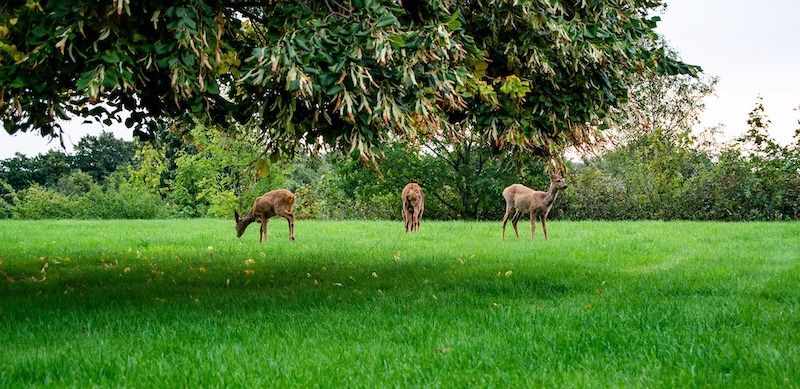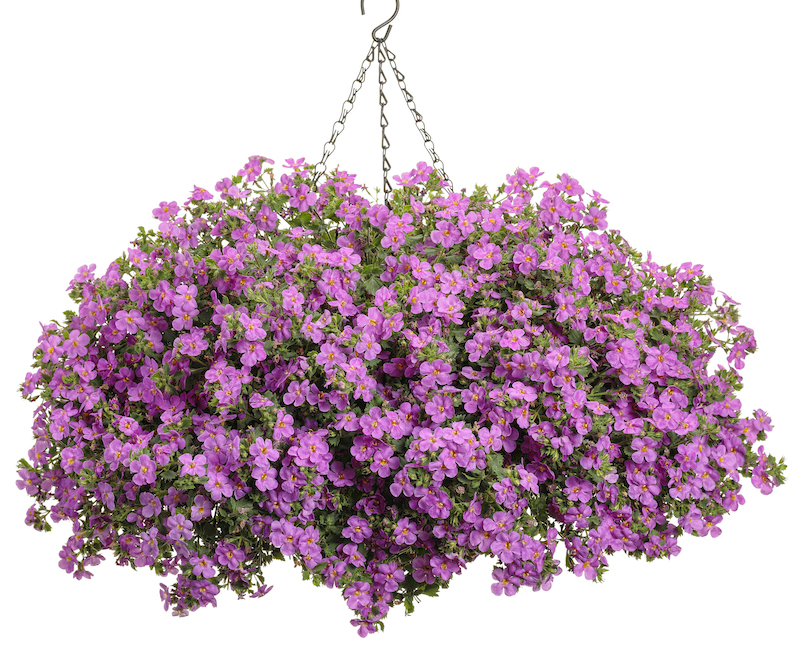Bacopa is a trailing ornamental ground cover plant that does well in many garden conditions. The plant is known to be deer resistant, so you need not worry about deer eating your bacopa. Deer prefer lush greens and high protein crops like peas, soybeans, turnips, alfalfa and corn. They will also chomp on fruit, nuts and seeds as well as the bark of trees like maples, aspens and dogwoods.
However, extreme conditions can sometimes lead deer to eat things they normally ignore. If you do find that deer are drawn to your bacopa, your best bet is to deter deer from your garden or create barriers that will keep the deer out of your bacopa. Bacopa is also rabbit resistant.

Keeping Deer Away From Bacopa
Bacopa is known for being deer resistant. However, if a deer’s preferred foods are in short supply, they may nibble unappetizing plants like bacopa. If deer are damaging your bacopa, you have several options. First, deer are sensitive to smells and avoid strong scents. Try growing aromatic plants like marigolds, tansy, garlic, thyme, oregano, sage, rosemary and lavender near bacopa and other vulnerable plants.
Deer also dislike strange textures in their food, and prefer not to eat things that are prickly, fuzzy or thorny. Try installing a barrier of cacti around your bacopa to prevent deer from accessing them. Or plant sharp ornamental grasses and thorny brush nearby, which deer prefer not to walk through.
You can also use netting or fencing to prevent access to bacopa. Finally, try hanging your bacopa above a deer’s reach in order to keep them from damaging your plant.

Will Bacopa Come Back After Deer Eat Them?
By and large, deer should not eat your bacopa. However, if deer do the unexpected, there are things you can do to help bacopa grow back healthy. First, remove any damaged flowers and leaves. You should also continue your watering and fertilizing schedule. Depending on the time of year, your bacopa may flower again before the end of the season. You can also take cuttings and propagate your bacopa inside over the winter.
 |
Author Chris Link - Published 12-16-2022 |


